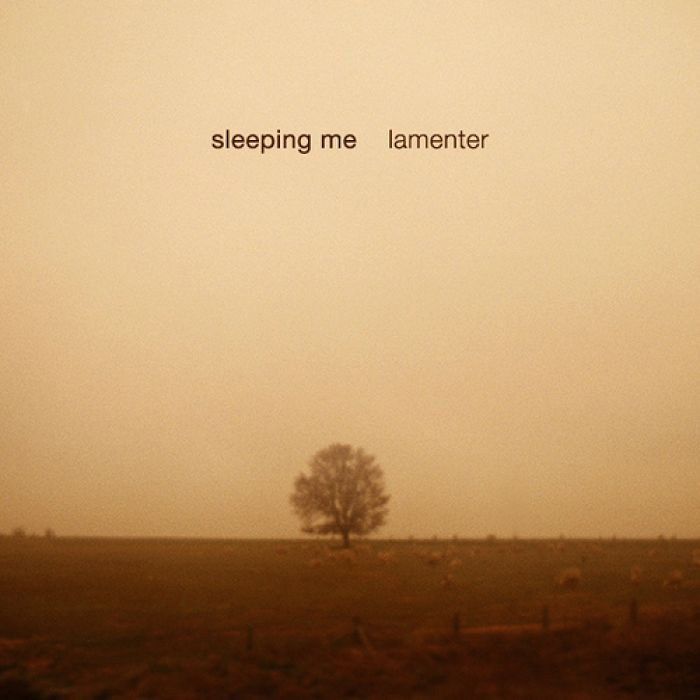Lamenter by Sleeping Me (Review)

Originally known as Either/Or, the Phantom Channel label has released a number of solid ambient/atmospheric releases in the last year or so (which should really come as no surprise seeing as how their namesake is a Labradford song). And Lamenter continues the trend; their most recent release is a half-hour excursion into melancholy, emotional drones and atmospheres courtesy of guitarist Clayton McEvoy.
Taking cues from such luminaries as Stars of the Lid and Flying Saucer Attack, McEvoy coaxes all manner of infinitely reverbed and deeply entrancing sounds from his guitar (and, I would imagine, a sizable array of effects pedals). I can imagine some levelling the criticism that Lamenter’s five songs blur together, that the spectral, otherworldly sounds of one song simply merge with those of the next. That’s often a criticism leveled at atmospherica such as this, but it’s one I find rather spurious and all too easy to make, especially in this case.
First, there is something truly inviting and even exciting about a continuous mood sustained by music, especially when it hits the level of emotional resonance that McEvoy does here. At times, listening to Lamenter is akin to wrapping oneself in a nice, warm blanket and settling down in a darkened room to watch the snow descend outside. The seemingly endless washes of sound roll over and over each other like billows of snow. Occasionally, lighter sounds pierce through the wintry night, granting moments of soft illumination and hinting at the moment when the morning sun begins to glint and flash across the newly fallen snow.
Second, McEvoy does, in fact, change things up by including “Bleeding Riverbed” in the middle of release. While it’s certainly an atmospheric piece, the picked guitars at its core lend it an earthy, almost folksy tone that exists somewhere between Epic45 and Crepusculum.
And third, McEvoy adroitly weaves field recordings and samples into Lamenter’s final moments. It’s a simple thing, to be sure, but as is the case with Amy Annelle’s music, it adds some additional intrigue to the mix, briefly and enticingly hinting at hidden little worlds within the songs. Of course, the drones eventually win out, which isn’t a bad thing when they’re as gorgeous as those that swirly about so hypnotically on “Kinski For Halloween.”
Lamenter is, quite simply, a wonderful example of why I love fine drones and atmospheres — of which Lamenter is certainly composed. In their formless and wordless nature, they have the ability to become evocative to a degree that more “composed” music can’t attain, and I find that their open-endedness fuels my imagination and lets me find a more personalized resonance within the music that something more structured might not have room for.